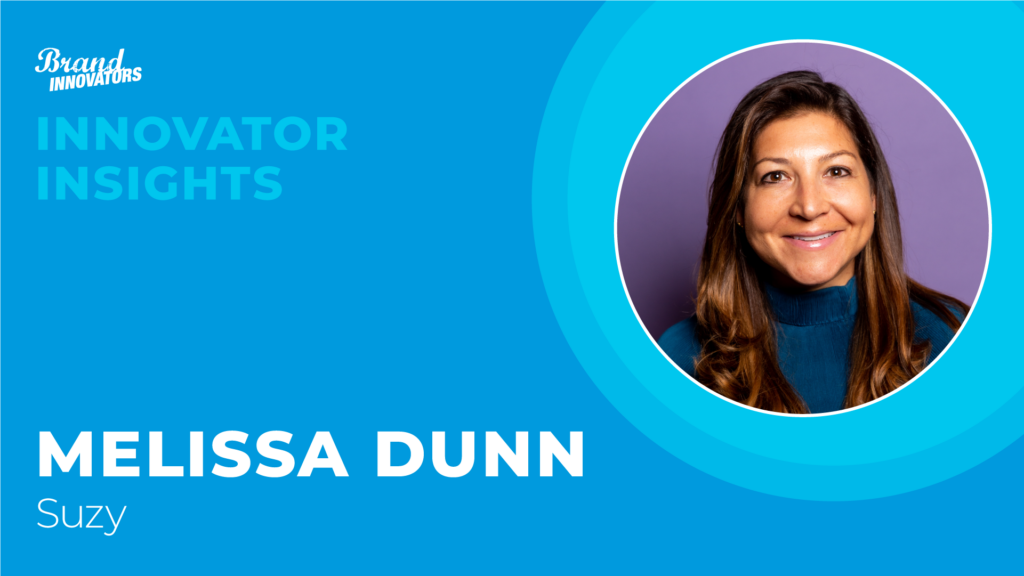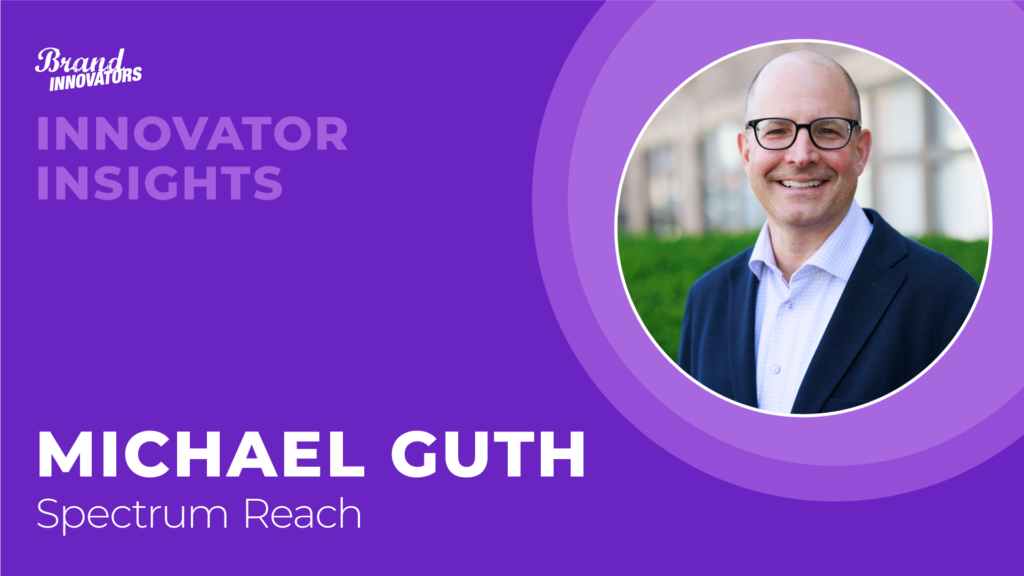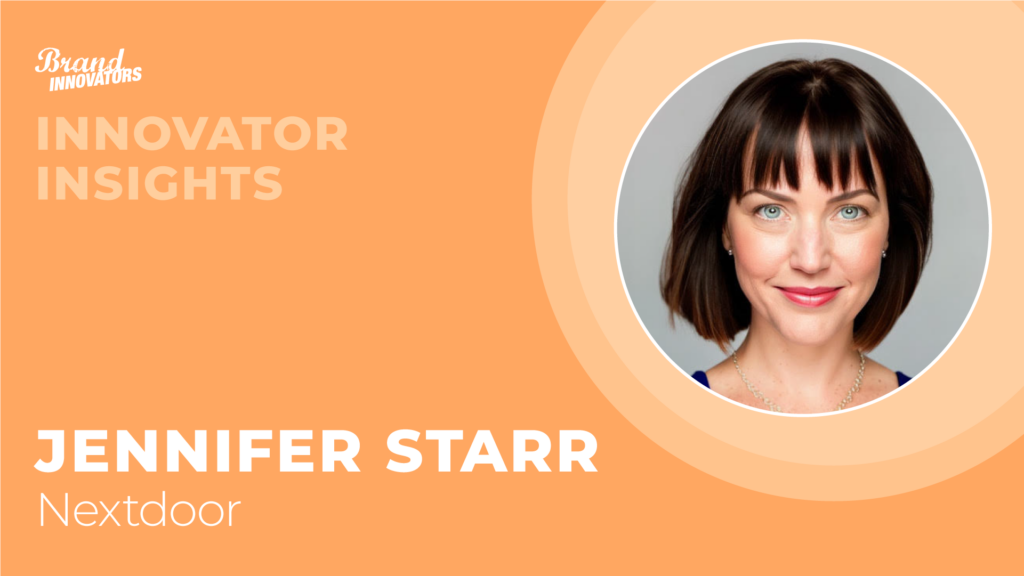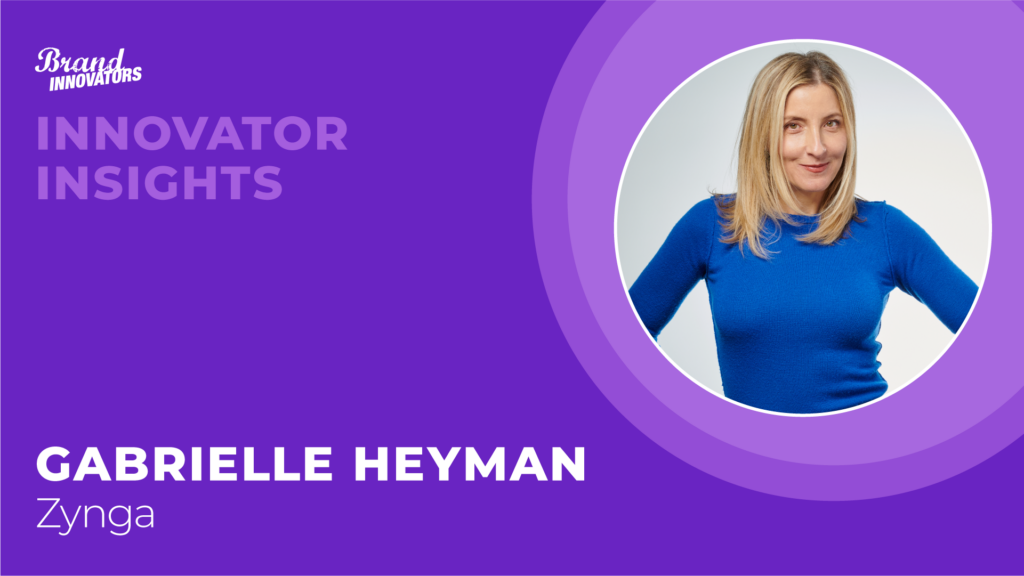Marketers might have breathed a little easier last summer when Google extended the deprecation of third-party cookies to 2023, but Rohini Sen suggests the smartest brands aren’t wasting any time in shifting their digital strategies.
As the global head of audience intelligence and measurement at San Francisco-based Quantcast, Sen said her conversations with clients have been all about using the period between now and the end of the year to measure and test new approaches to reaching consumers. Despite the initial sense that Google was giving brands a reprieve, she said CMOs and agencies are well aware the future will be here before they know it.
“It’s a bit of a misnomer to say that there’s a complete sigh of relief, because Safari cookies are obviously already gone. Firefox cookies are already gone,” Sen told Brand Innovators. “And because of the increased publicity and consumer understanding, we are seeing much more traffic in cookieless spaces within Chrome.”
This past September, Quantcast launched multiple innovations to its namesake platform at its NOVA event. This includes a one-click cookieless solution that allows marketers to find and activate audiences in cookieless environments, as well as conversion reporting, which gives advertisers the ability to measure and justify these investments.
Quantcast also introduced Ara TopicMap, which uses natural language processing (NLP) and machine learning to analyze billions of data points to catalog and characterize topics and content on the open Internet.
Sen pointed out that brands aren’t simply dealing with the death of the cookie, but trying to market effectively amid a dizzying range of privacy laws, technology changes from firms such as Apple and policy updates from social media services like Facebook. These forces all have implications for the way data is collected, managed and ultimately how advertising performance is measured.
“Our approach has always been a multi-signal approach, in that no one shift in privacy regulation is going to require a change to our approach. No one tech change is going to debunk our approach,” Sen said. “We know that not just one of these things is going to change — they’re all going to evolve over time. And we want to have a solution that’s going to last five years from now, not just tomorrow.”
Sen offered some additional insights on how brands can navigate their way towards the post-cookie era of marketing:
Set Goals Based On A Desire To Learn, And Manage Expectations Accordingly
Though its cookieless solutions are still new, Sen said early results with clients are showing performance that’s the same or better than what they might have seen with third-party data. On the other hand, success will depend upon myriad factors that will look different from one brand to the next. That’s why Sen recommended marketers and agencies be prepared for ongoing testing, measurement, and optimization.
“We can’t guarantee that the performance will be exactly as what it was in the past is a different landscape. We’re moving to a new world,” she said. “It’s similar to saying 15 years ago that you expect online video performance to be exactly the same as linear TV. That’s why we’re active now. We are advising our clients that they need to take advantage of this time to learn and develop the strategy for the future of the industry… and to get ahead of their competitors”
As Technology Evolves, So Too Should The Range Of Marketing Talent
Sen said she has been seeing a steady rise in the number of marketing departments bringing on data scientists and those with PhD-level understanding of analytics. CMOs should continue to consider the skill set they need to align with the advancements vendors are making with artificial intelligence (AI) and other innovations that will change their daily business processes.
“Categories like CPG used to be very focused on consumer research that was survey-oriented when I started in the industry. Today, CPG companies are collecting and storing first party data, building models off of it, and understanding their own one-to-one relationship with consumers.” she said. “We’re providing a packaged solution for clients and I have full faith in my clients to rise to the occasion in terms of the talent they put on this as well. It’s been a mutual progression for the whole industry.”
Adopt A Perspective That Recognizes The Opportunities Ahead
There’s little doubt that 2022 will be filled with articles and events that suggest moving away from cookies is a dire situation for brands. Sen said the better view is to see what’s happening as a moment where marketers can move away from practices that probably should have ended a long time ago.
“I, for one, do not like describing my job as being one of the people who chase you around on the Internet,” Sen said. “No marketer really wants that. And this is the time when you can move forward and build that relationship with consumers in a way that truly respects them and respects their space.”
For more on how to prepare for a cookieless future, join Rohini Sen, Head of Insights at Quantcast and Ruth Mortimer, Managing Director of Global Education at Advertising Week, on 27 January at 1pm EST to learn how you can embrace innovation and enter the next chapter of advertising on the open internet. Register now to join the virtual event.




